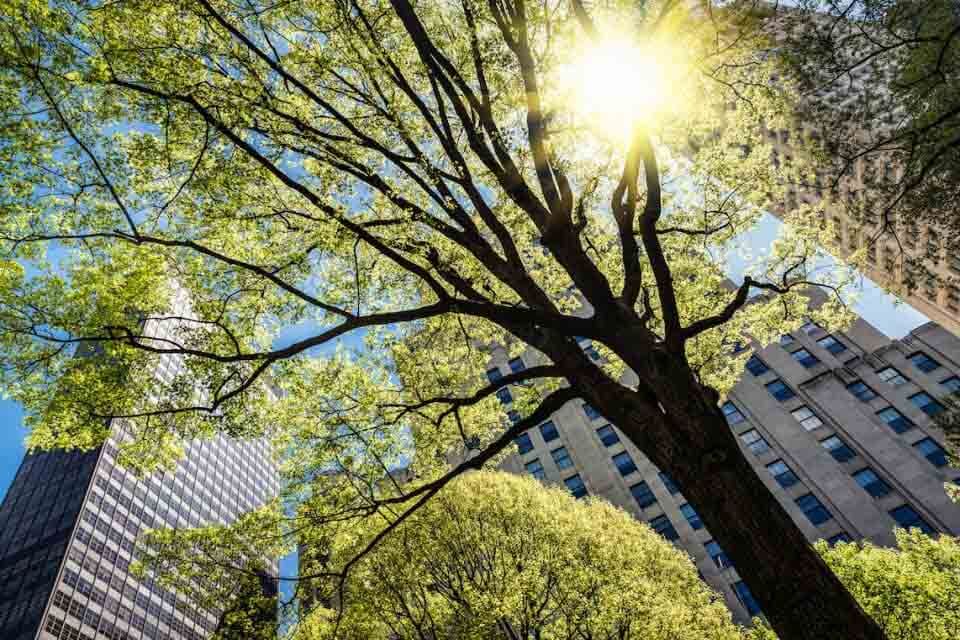Oregon’s Urban Trees Get Extra Support

Oregon’s Urban and Community Assistance Forestry Program has expanded its support services for urban forests and trees in urban areas through new funding. This has more than tripled the number of employees engaged in support work.
Expansion Of Support For Oregon’s Urban Trees And Forests
The urban forest program of the Oregon Department of Forestry advises cities on managing and increasing their tree canopies and links these cities to technical resources. The program had only 2 employees, which sometimes meant the guidance they could provide was basic, with small communities often being left out.
The new state and federal funding has enabled the program to hire an additional 5 staff members, including a grant administrator and more community assistance foresters. Another 2 additions are expected shortly, bringing the people involved from two to nine.
Program Manager, Scott Altenhoff indicated that the new staff members bring a strong understanding of environmental justice and awareness and inherent knowledge of the dangers the emerald ash borer poses to Oregon’s trees. He said a bigger staff complement will now see the program diving into the unique needs of cities across the state, and individual neighborhoods facing socio-economic challenges will be included.
Oregon’s Urban Tree Support Program Will Benefit Many Communities
Altenhoff said that there is better community cohesion when canopy cover is better. He said. “Trees have an uncanny ability to improve the way that people feel, think, and behave.”
By planting the right species of trees in the right place and pruning pre-emptively to prevent problems before they develop, the program helps people think proactively according to Altenhoff. Investing in trees does have safety and financial risks that need to be mitigated, but there are widespread environmental, social, and economic benefits.
Often with the most direct bearing on our well-being, the trees in our cities and surrounding forests cities can also be a threat to our well-being. The wildfires and recent ice storms are examples of this.
According to Altenhoff the focus of the program is to not just give communities a proverbial fish, but rather teach them how to fish. The program focuses on helping communities build enduring local programs that are self-sustaining over the long term rather than individual projects. He said that in the future, the programs will also hone in on protecting trees from the threats of pests and climate change while addressing urban development pressures.

Hopefully you can get people interested.